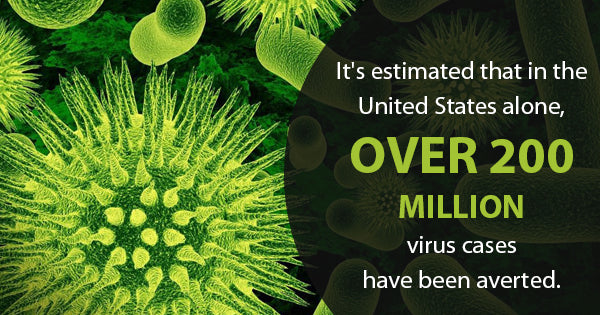Vaccines are used all over the world to prevent illnesses from spreading. In fact, it’s estimated that in the United States alone, over 200 million virus cases have been averted and about 450,000 lives saved due to the production and administration of vaccines.
In order to keep the vaccines in usable condition, they must be stored properly. Here’s what you need to know about properly storing medications.
How to Ensure Vaccines Are the Most Effective
To ensure that the vaccines you’re storing are the most effective, they need to be kept between two and eight degrees Celsius. You can keep them in a medical freezer or a scientific freezer. While storing vaccines in a medical freezer might seem like common knowledge, there’s actually a lot you might not know.
How to Properly Store Vaccines in Medical Freezer or Medical Grade Refrigerator
When storing vaccines in medical refrigerators and freezers, you must never keep them in the door shelves. The doors tend to have poor insulation, which allows temperature drifts to make their way inside. Vaccines should never be placed near the walls because the defrost cycle could cause the temperature of the walls to fluctuate.
If you’re working with a medical refrigerator, you should never place vaccines in a crisper drawer. These are the drawers that are usually found at the bottom of regular refrigerators. It’s typically the place where fruits and vegetables are kept to ensure freshness. But while they’re good for fruits and vegetables, they’re not the best place for vaccine storage. They tend to show a drop below two degrees Celsius, which is something you want to avoid.
How to Prevent Temperature Rises
A really interesting and easy way to prevent temperature rises from occurring rapidly is by using water bottles. Take the water bottles and place them on the door shelves. They’ll help ensure that the temperature stays the same in the event of a power outage, if someone left the door ajar, or if the room’s temperature is rising.
Vaccines have saved countless lives. The number of measles-related deaths decreased 79% between 2000 and 2014, from 546,800 to 114,900. Since vaccines are so important, they must be stored properly. Don’t ever store them in refrigerator or freezer doors and keep their temperature between two and eight degrees Celsius.
